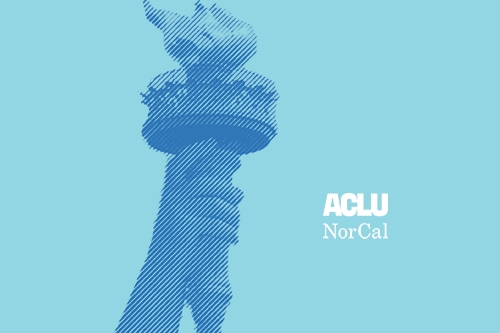Article Media

California Senator Leland Yee has introduced the Reader Privacy Act of 2011 (SB 602), with backing from the California Affiliates of the American Civil Liberties Union (ACLU) and the Electronic Frontier Foundation (EFF). The law would bring a much-needed upgrade to match Californians' reading habits. Under SB 602 the government and other third parties would need a warrant or court order for access to sensitive reading records. This would establish protections for book records – both e-books and in physical bookstores – in line with long-established protections for library records and other expressive material. The bill mirrors the privacy and free speech safeguards in the California constitution and other areas of California law.
As Californians increasingly rely on online services to browse, read, and buy books, it is essential that state law keep pace and safeguard readers in the digital age. Digital books now outsell paperbacks on Amazon.com and over 18 million e-readers are expected to be sold in 2012. Many bookstores already collect information about readers and their purchases. Digital book services can collect even more detailed information: which book are browsed, how long each page is viewed, and digital notes made in the margins. Current law doesn't anticipate this new digital reality. Without strong privacy protections, reading records can be increasingly targeted by government surveillance as well as in legal proceedings like divorce cases and custody battles.
"Current law is completely inadequate when it comes to protecting one's privacy for book purchases, especially considering the increasing popularity of online shopping and electronic books," said Yee. "Individuals should be free to buy books without fear of government intrusion and witch hunts. If law enforcement has reason to suspect wrongdoing, they can obtain a warrant for such information."
"California should be a leader in ensuring that upgraded technology does not mean downgraded privacy," said Valerie Small Navarro, Legislative Advocate with the ACLU's California Affiliates. "We should be able to read about anything from politics to religion to health without worrying that the government might be looking over our shoulder."
"In the recent Google Books decision, the court noted the importance of the privacy concerns with digital books," said Cindy Cohn, Legal Director at the Electronic Frontier Foundation. "This law will ensure that the enhanced reader tracking that is possible through digital books and book services doesn't create a honeypot for government investigators and other lawyers seeking to snoop on what we search for, browse and read in digital bookstores and libraries."
The United States has a long and proud history of legal protection for reading privacy, and the California Constitution has especially strong privacy and free speech protections. Courts have long recognized that reader privacy must be protected to avoid a chilling effect on freedom of expression, as well as to maintain consumer trust. Sensitive reader information can and does come under fire. During the McCarthy hearings, Americans were questioned about whether they had read Marx or Lenin. In the years following September 11, the FBI sought patron information from more than 200 libraries. Just this past year, Amazon was asked by the North Carolina government to turn over 50 million purchase records including books, videos, and other expressive material. The Reader Privacy Act updates state law to safeguard the free exchange of ideas and open discourse by ensuring that government and third parties cannot access Californians' reading records without proper justification.
Learn more:
Reader Privacy Act Unanimously Passes CA Senate (May 9, 2010)
Who Wants to Know What You're Reading? (pdf)
Book and Video Sites: Who's Peeking Over Your Shoulder?
Issue Paper – Digital Books: A New Chapter for Reader Privacy
